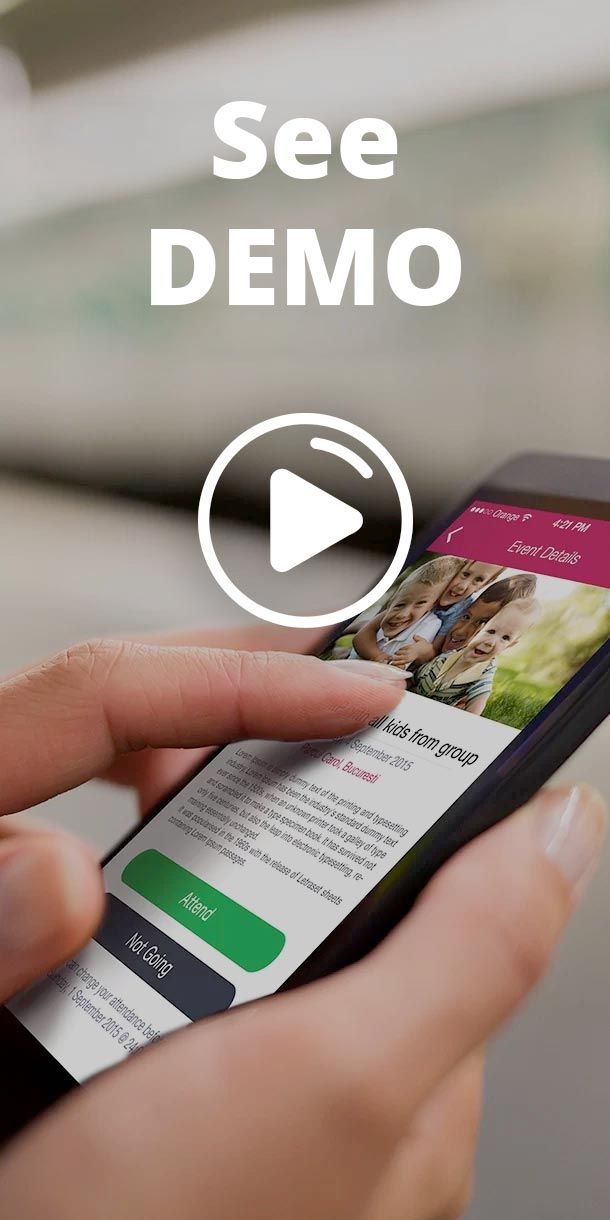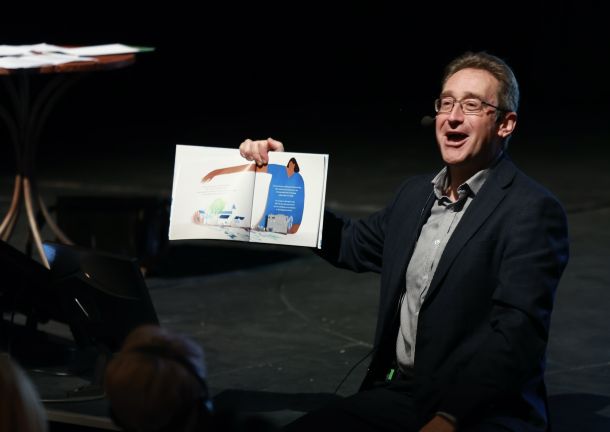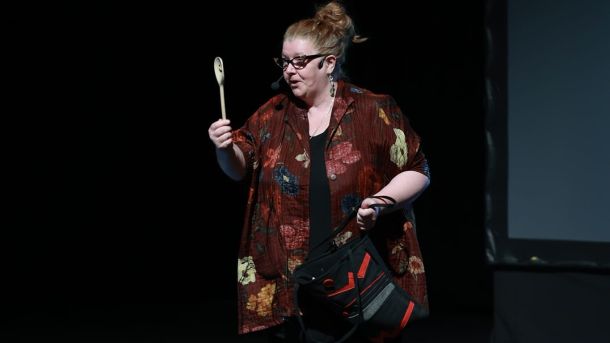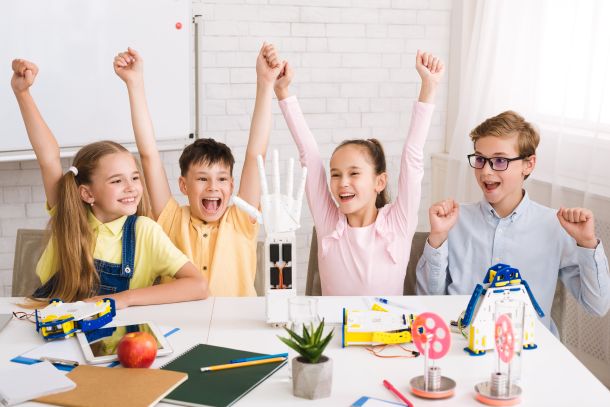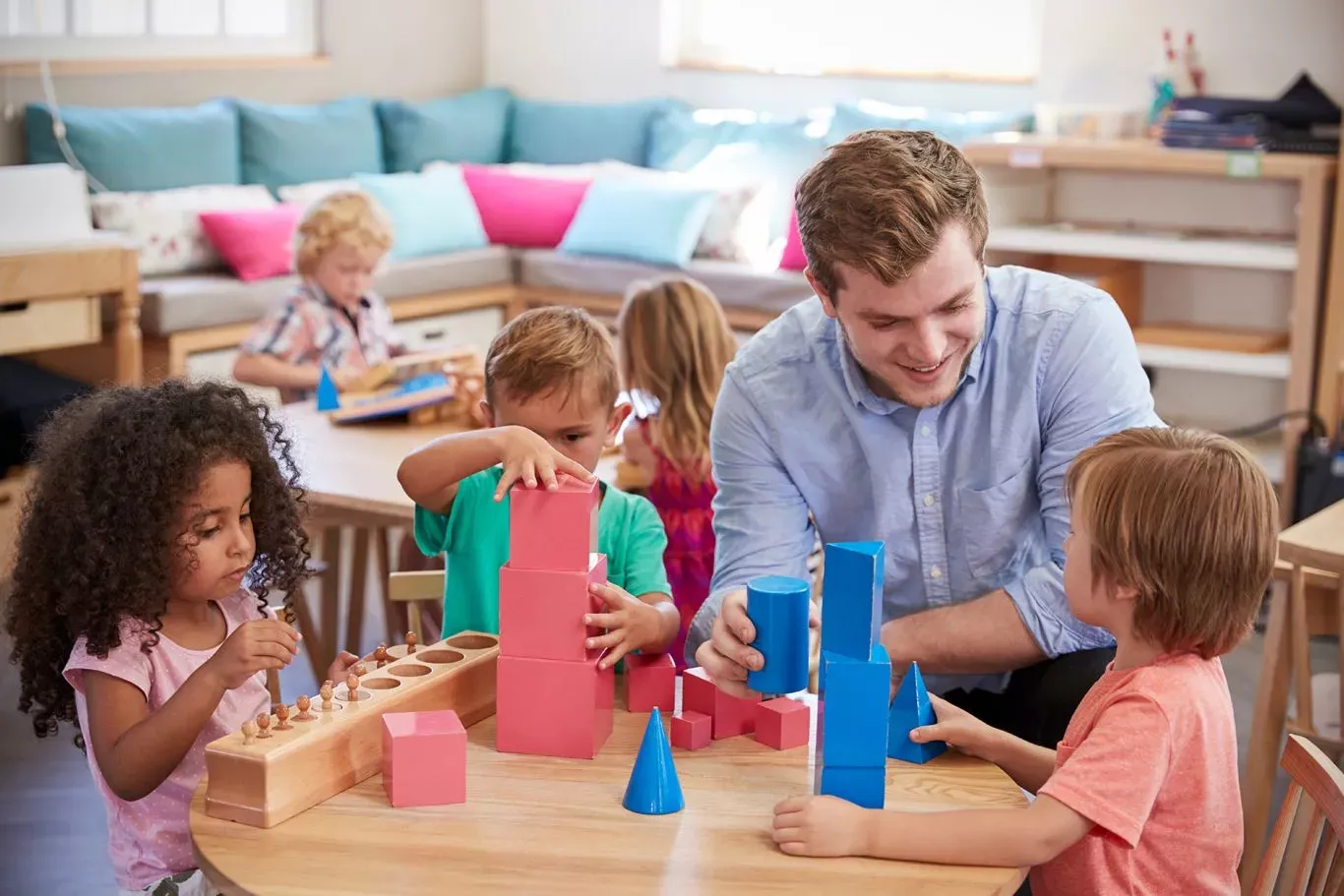
Logical thinking for kids and its importance for later development
Logical thinking for kids is an essential skill that will help them in their daily activities, and it can be developed through various activities.
Logical thinking for kids is an essential skill that will help them in their daily activities, and it can be developed through various activities As adults, we should pay attention to how we can help our kids to build this superpower. In this article we clarify what logical thinking is, why it is important and through what types of activities we can train it in our children.
Sanjay Raghav (Center for Teaching and Learning Mathematics, USA) affirms: Logic is based on observation. The more you ask logical thinking questions the more chances you give your child to build, train and solidify cognitive pathways.
What is logical thinking?
Logical thinking is a skill that involves using reasoning in a way that allows an individual to come to a viable solution. Logical thinking is the ability that helps them to look at a situation objectively and work for finding a solution. Logical thinking involves an overall perspective, thinking in steps and using what you already know in order to resolve a task. The development of logical thinking is one of the most important components of a child's formation.
At preschool age, thinking is egocentric. This characteristic prevents the child from correctly distinguishing between external and internal reality, with a pronounced tendency to relate everything to the self. Kids ages 2 to 7 are not cognitively equipped for applying logical thinking. They can't truly understand the perspectives or motivations of others. Critical thinking questions like: ”What do you think about…?”, ”What would happen if you …”, ”Would you rather…” increase reasoning and logical thinking for kids and engage their imagination and analysis skills. Only after the age of 8, children begin to understand other people's perspectives.
Developing logical thinking for kids can happen through day-to-day interactions as you play and talk to your child, ask questions, and allow your kid to experiment and solve problems.
Here are some tips and ideas to help kids build a foundation for logical thinking:
- Be patient and give your child plenty of time to: think, try to solve a task or generate a response. It is essential to allow your kids the time they need, because this gives them a chance to reflect on their response and perhaps refine it, rather than responding with their first instinctive reaction.
- Play brain games that incorporate logic and reasoning skills. Kids will have fun and train their cognitive abilities at the same time. Some examples for brain games: Magnetic building blocks, Lego, Tangram, Sudoku, 301 Questions and Answers .
- Create a treasure hunt map for your child to follow. A treasure hunt is a fun and satisfying experience for children of all ages and helps them build their logical thinking. An outdoor treasure hunt game encourages children to be active, to explore and to find solutions.
- Puzzles are a real opportunity to help kids train their cognitive pathways and be creative. Finding the right piece and working alone or in small groups can be challenging and this will help your kid step out of their comfort zone and shape their logical thinking.
- When reading a story or watching a video, stop frequently to ask questions that require deeper thought.
- Picture cards. Learning through visuals is one of the most common ways of learning. Kids love powerful colors and asking them to create a story based on the images they see on picture cards, can be a fun activity. If you have pictures of a small house and a giraffe, you can ask your kid: “This is a small house. Can the big giraffe enter the small house? Why can’t it enter?” When children think and when they also ask questions, it means they are engaged.
- Help your child train logical thinking through stories. You can choose to buy Story Cubes or you can try them online.
- Sorting and categorizing are valuable skills that help apply logical thinking to objects, daily life and mathematical concepts. Give your child toys and other objects of different shapes, sizes and colors, and ask him to sort them (e.g., all blue Lego bricks together or all the animal toys).
- Allow children to think differently. Ask questions like, "What other solutions could we try?" or encourage your kid to generate other options "Let’s think of all the possible ways we can solve this."
- Take a moment to help your kid form hypotheses during play. Try asking your child, "If we do this, what do you think will happen?"
Developing logical thinking for kids is essential. The earlier you start this process, the quicker you will help them process information in the future and achieve great results at school and in everyday life.
In today’s rapidly changing world, developing logical thinking may be one of the most important skills that today's children will need for the future. Children should be critical thinkers who can make sense of information, analyze, compare, contrast, make inferences, and generate higher order thinking skills.
You might be interested in: 5 tips to improve your critical thinking

Kinderpedia
The complete communication and management solution for schools and childcare centres.
Simplifies teachers' work and brings parents closer to their children's school progress.
Recommended articles
Want to improve your center quality? Kinderpedia is here to help! Not only do we provide thousands of informational content pieces like blog posts, podcasts, webinars and more, we are also makers of the #1 Rated and Reviewed Childcare Software.
